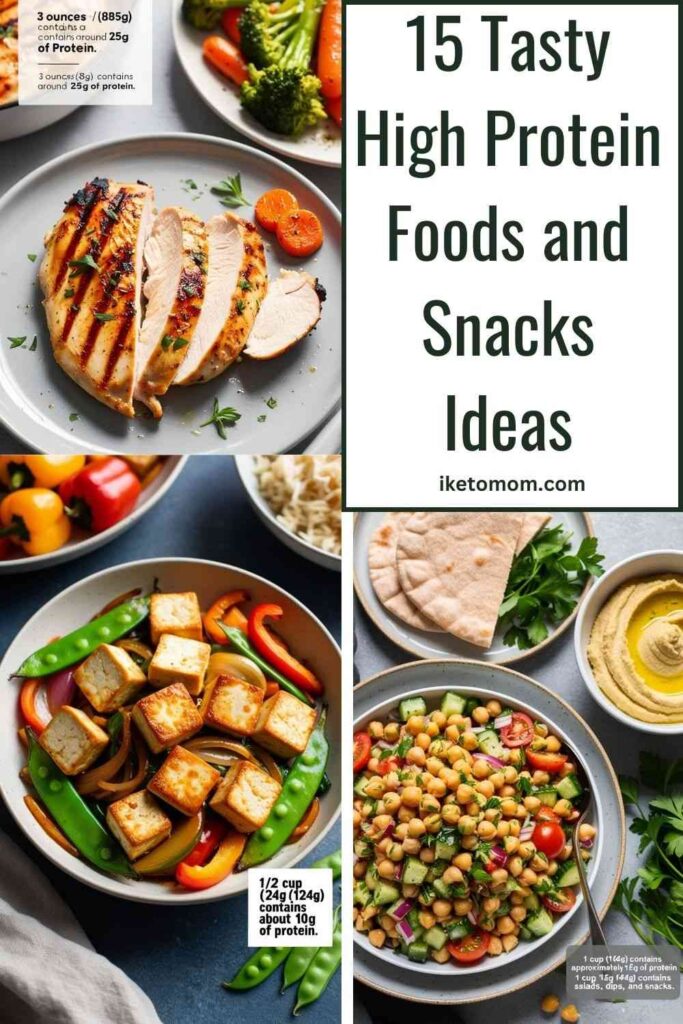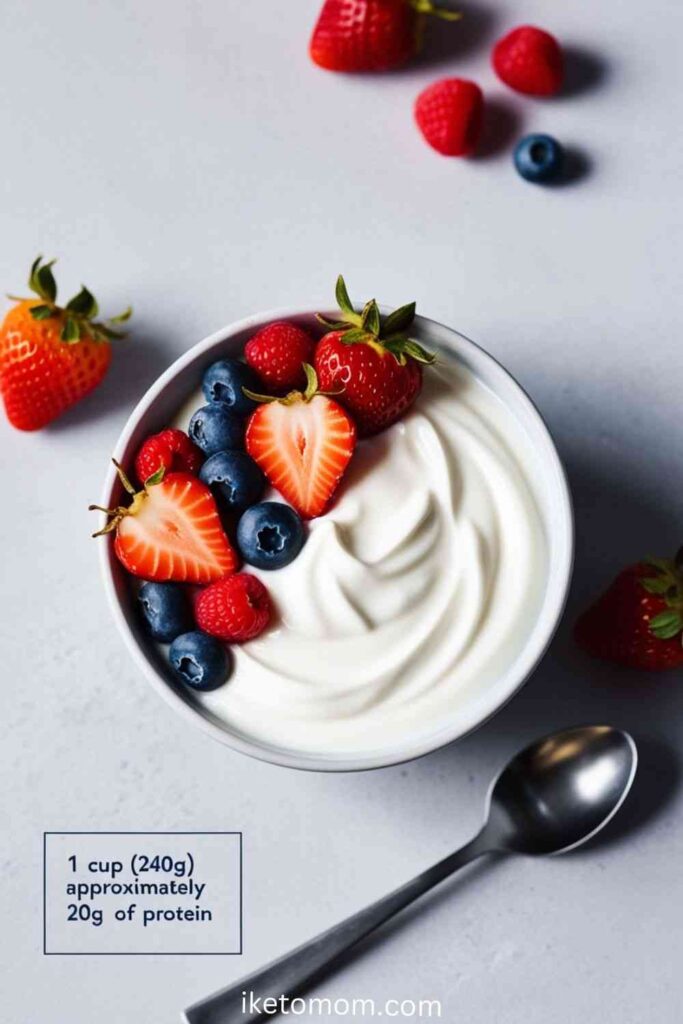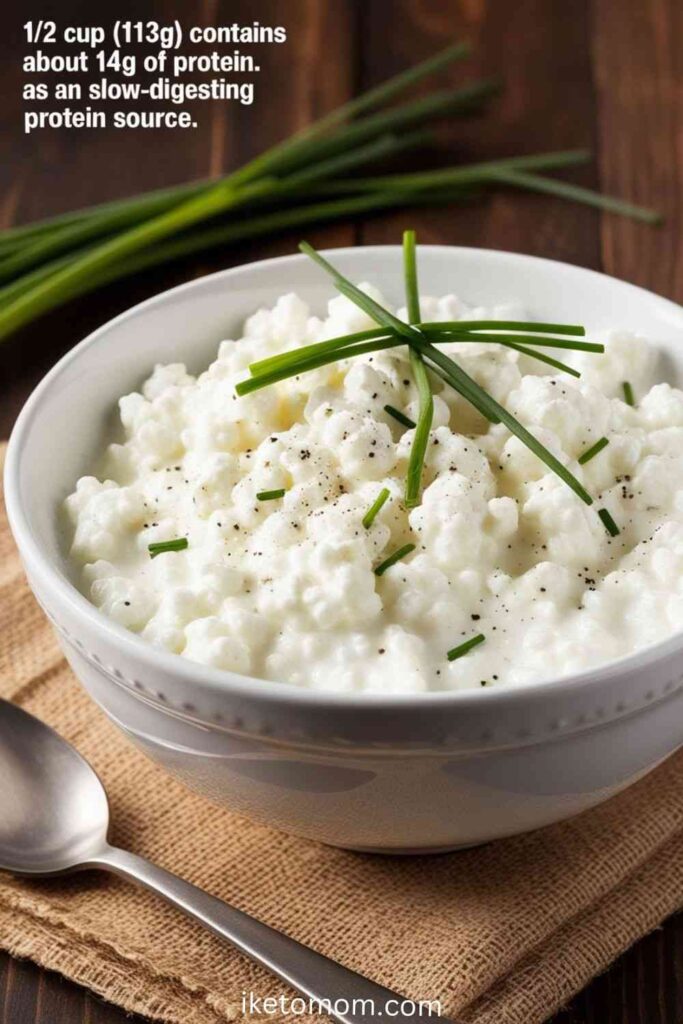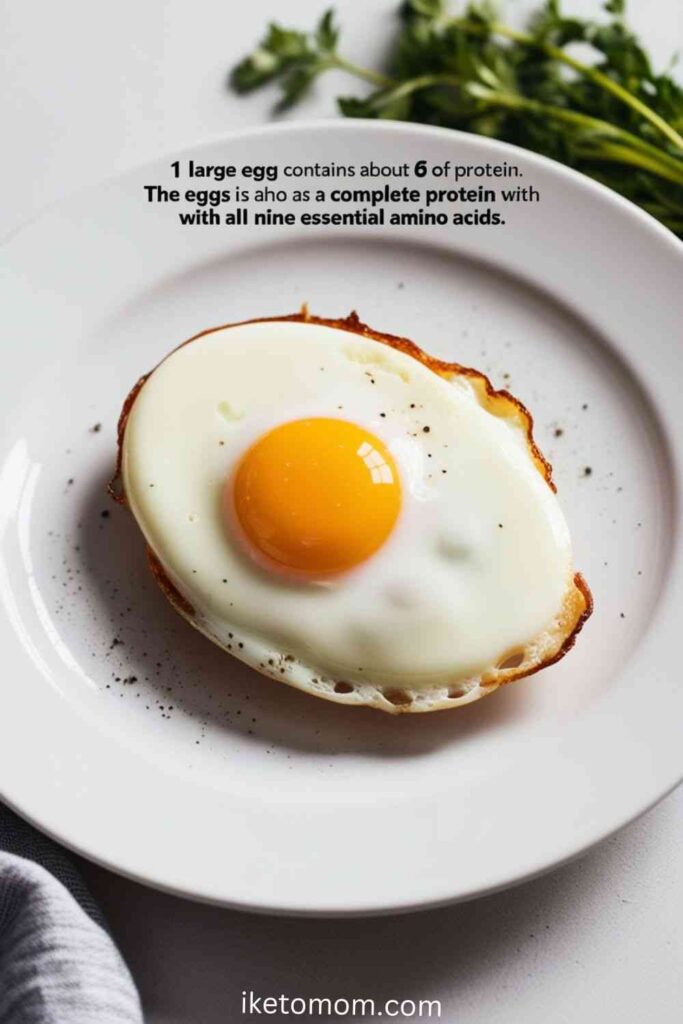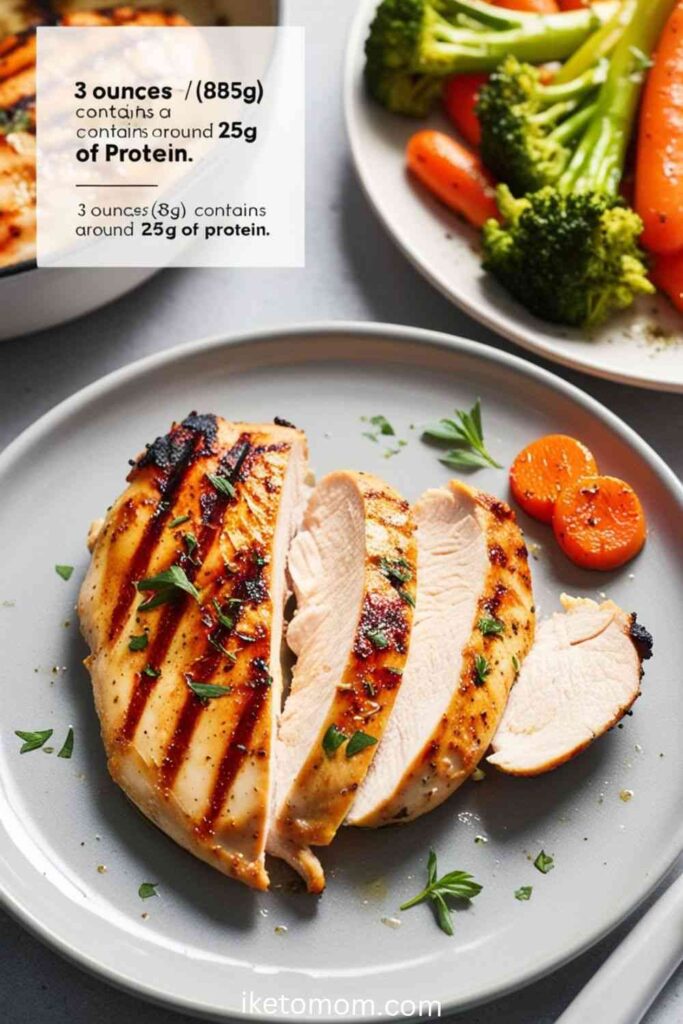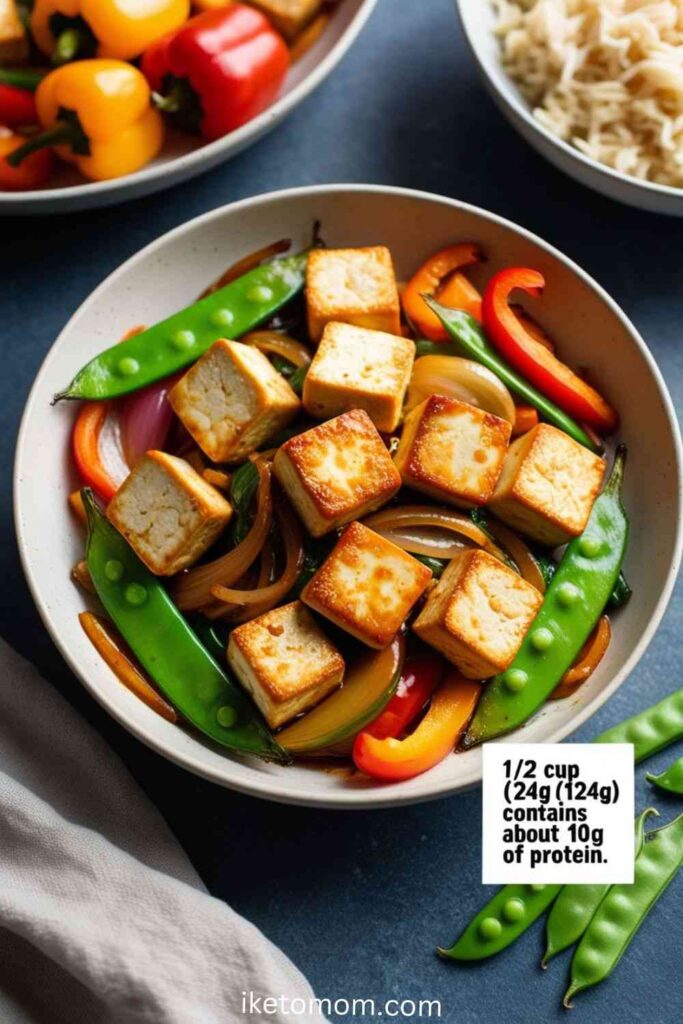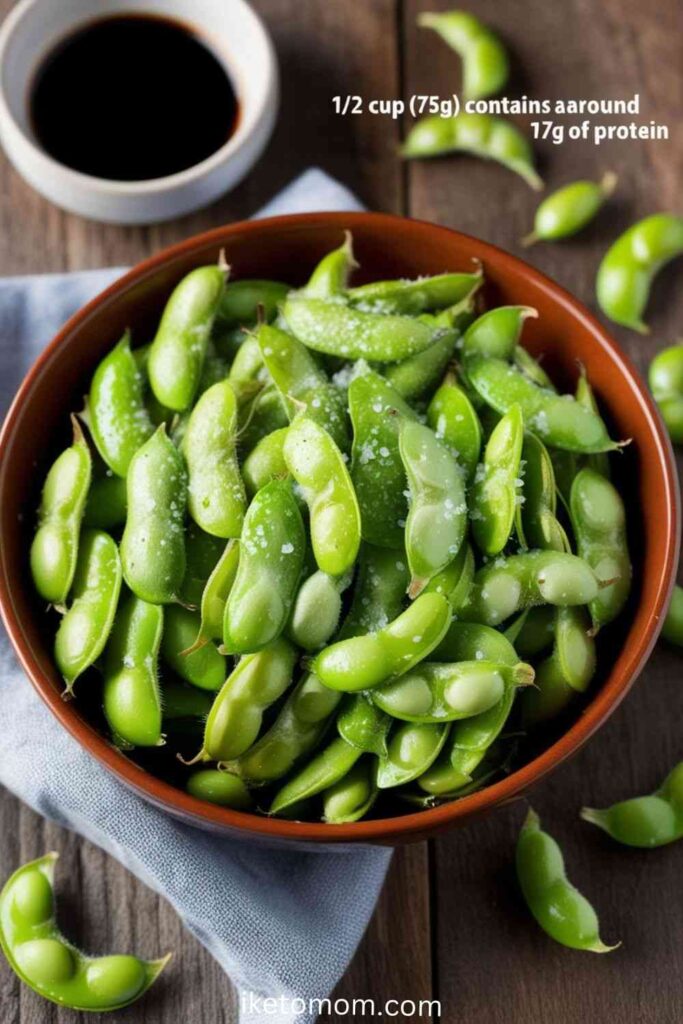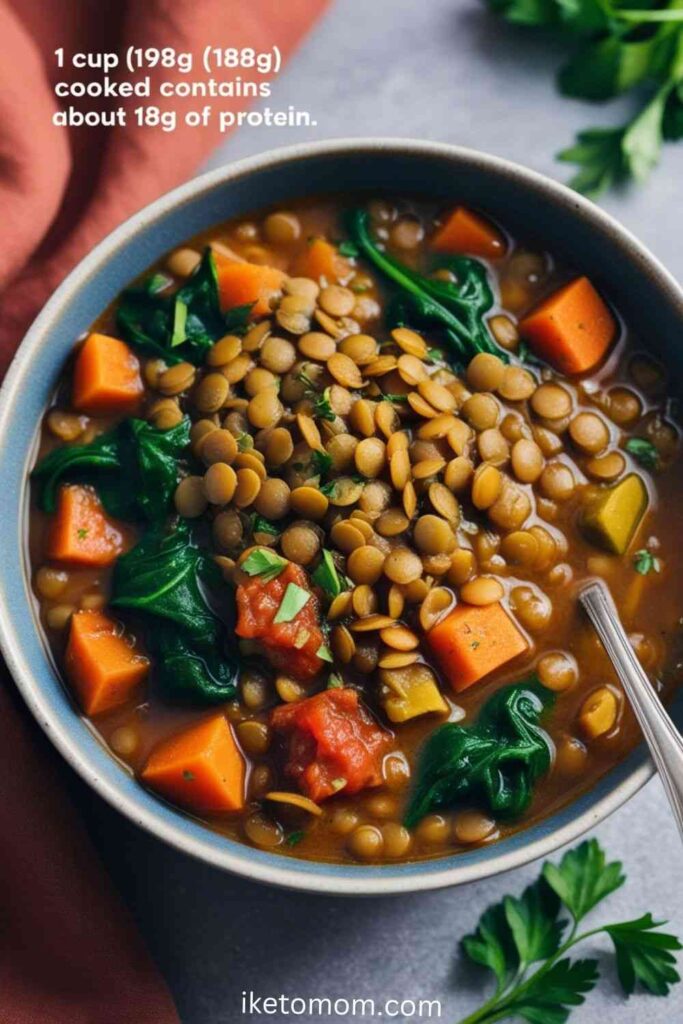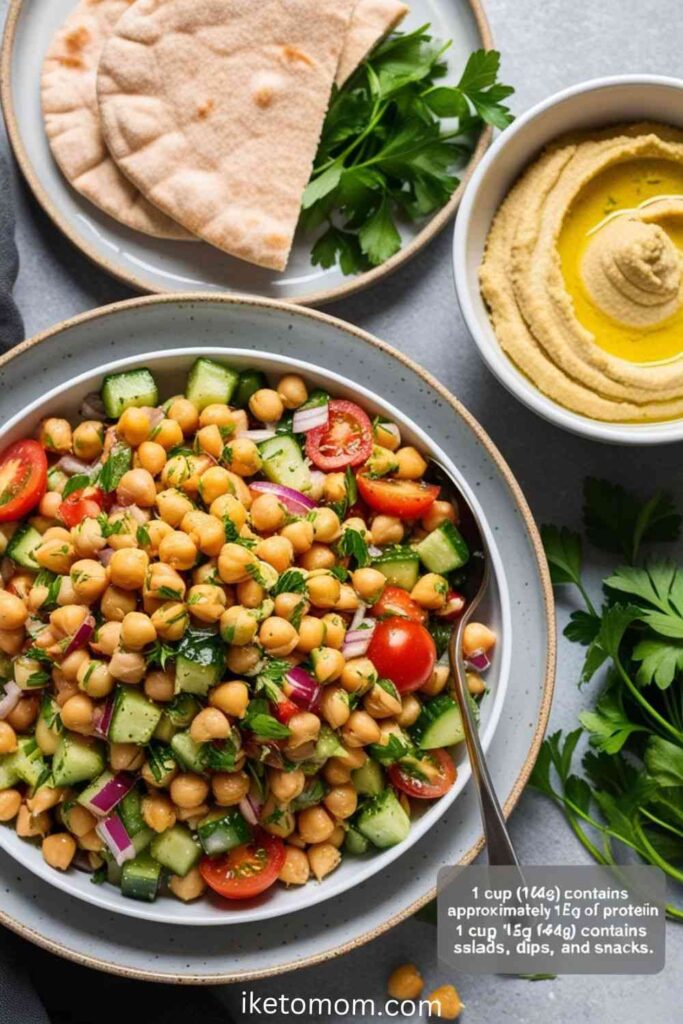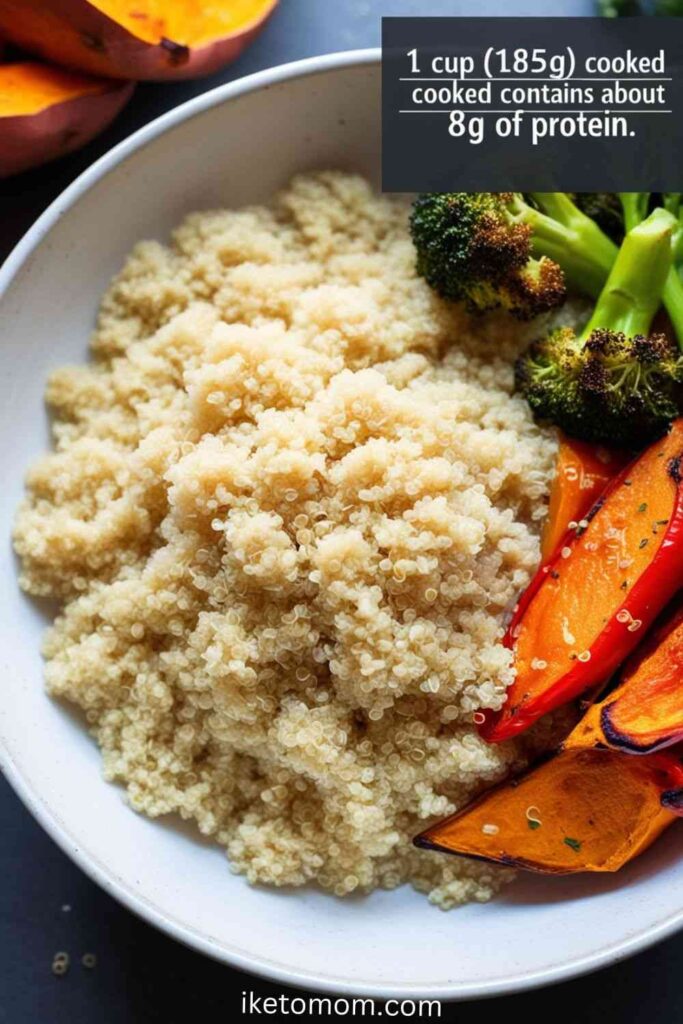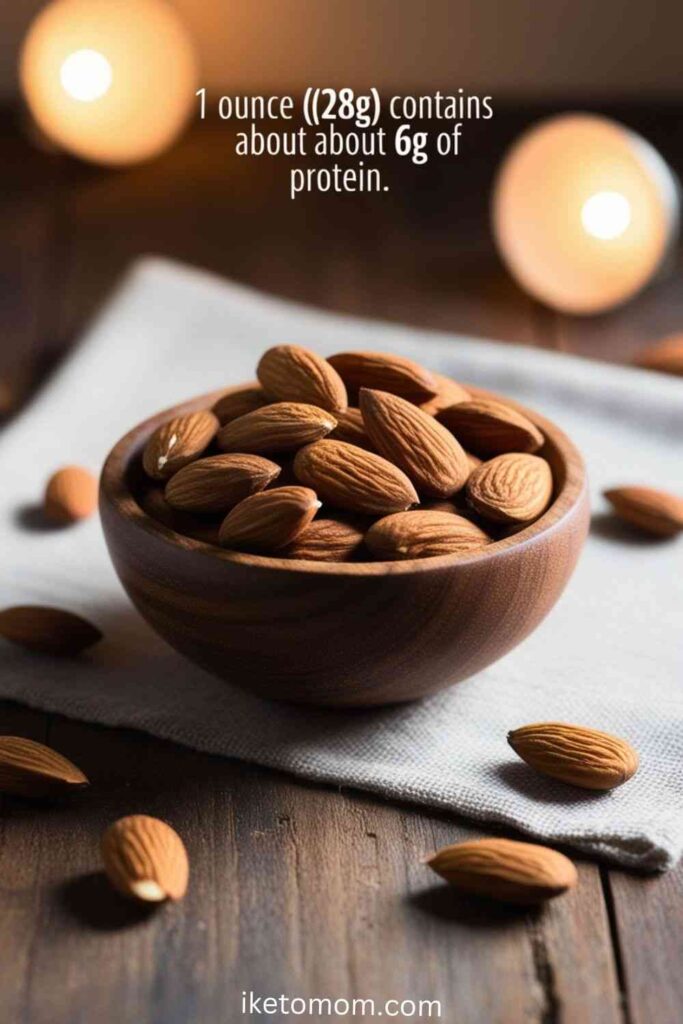High Protein Foods and Snacks Ideas : Protein is one of the essential macronutrients that play a vital role in maintaining overall health and well-being. It is an integral part of every cell in the body, serving as the building block for tissues, enzymes, and hormones. A balanced diet includes a sufficient amount of protein, which supports various bodily functions, from immune defense to muscle growth and repair.
High-protein foods are especially important for muscle repair and recovery after exercise. Consuming adequate protein helps promote muscle growth, reduce muscle breakdown, and enhance performance during physical activity. For those looking to lose weight or maintain a healthy weight, high-protein foods can also be beneficial. Protein helps increase feelings of fullness, reducing overall calorie intake and preventing overeating. Additionally, protein boosts metabolism and promotes fat burning, making it an essential component of a weight loss strategy.
Overall, incorporating high-protein foods into your diet can contribute to better health by improving muscle strength, supporting weight management, and enhancing your energy levels. In this article, we’ll explore 15 tasty high-protein food and snack ideas that can easily be added to your daily meals for a healthier, protein-rich diet.
High Protein Foods and Snacks Ideas
1. Greek Yogurt
Greek yogurt is a delicious and nutritious food packed with protein and probiotics, making it a great option for a high-protein snack or meal addition. Unlike regular yogurt, Greek yogurt is strained to remove excess whey, which results in a thicker texture and higher protein content. The probiotics found in Greek yogurt are beneficial bacteria that support gut health and digestion, further enhancing its health benefits.
Nutrition Information:
1 cup (240g) of plain Greek yogurt contains approximately 20g of protein. This makes it an excellent choice for meeting your daily protein needs while also promoting digestive health. It is also rich in calcium, which is essential for maintaining strong bones and teeth.
Greek yogurt can be enjoyed in various ways: as a base for smoothies, topped with fruits and nuts, or mixed into savory dishes for an added protein boost. It’s an incredibly versatile food that fits well into any meal or snack routine.
2. Cottage Cheese
Cottage cheese is an excellent source of casein protein, a slow-digesting protein that provides a steady release of amino acids into the bloodstream. This makes it a perfect option for promoting muscle repair and growth, especially when consumed before bedtime or during extended periods without food. Casein protein helps prevent muscle breakdown by providing a sustained supply of protein throughout the night, supporting recovery and muscle maintenance.
Cottage cheese is also rich in calcium, which is beneficial for bone health, and it is relatively low in fat, making it a versatile food choice for both weight management and muscle building.
Nutrition Information: 1/2 cup (113g) contains approximately 14g of protein.
3. Eggs
Eggs are one of the most versatile and nutritious sources of protein, offering a complete protein profile. This means that eggs contain all nine essential amino acids, which are the building blocks of protein that the body cannot produce on its own. This makes eggs an excellent option for supporting muscle growth, repair, and overall bodily functions. Whether boiled, scrambled, poached, or fried, eggs provide a high-quality protein that is easily absorbed by the body.
In addition to protein, eggs are rich in other essential nutrients such as vitamins A, B12, and D, as well as healthy fats and antioxidants that support eye health. They are also a low-calorie food, making them an ideal choice for anyone looking to maintain a balanced diet without excess calories.
Nutrition Information: 1 large egg contains about 6g of protein.
4. Chicken Breast
Chicken breast is a popular choice for anyone looking to build muscle or maintain a lean physique. It is a high-quality source of lean protein, meaning it provides a significant amount of protein without the added fat. This makes it an ideal food for those focused on muscle growth and repair, as well as for individuals looking to support weight management or fat loss.
Rich in essential amino acids, chicken breast helps with muscle recovery after exercise and supports the development of lean muscle mass. It is also an excellent source of B vitamins, particularly niacin and B6, which play key roles in energy production and the proper functioning of the nervous system.
Nutrition Information: 3 ounces (85g) contains around 25g of protein.
5. Tofu
Tofu is an excellent plant-based protein source, making it a popular choice for vegetarians and vegans. Made from soybeans, tofu provides all the essential amino acids needed for muscle repair and growth, much like animal-based proteins. Its mild flavor allows it to easily absorb the seasonings and sauces it’s cooked with, making it a versatile ingredient in a variety of dishes.
In addition to being high in protein, tofu is also rich in calcium, iron, and magnesium, offering several health benefits such as supporting bone health and reducing the risk of chronic diseases. It’s a great option for those looking to reduce their meat intake while still meeting their protein needs.
Nutrition Information: 1/2 cup (124g) contains about 10g of protein.
6. Edamame
Edamame, young soybeans still in their pods, is a fantastic source of plant-based protein. These little green gems are packed with essential nutrients, making them a great snack or addition to meals for vegetarians, vegans, and anyone looking to boost their protein intake. Edamame is rich in protein, fiber, and healthy fats, making it an ideal food for muscle repair, heart health, and overall wellness.
Beyond its high protein content, edamame is also an excellent source of antioxidants, iron, and calcium, which contribute to the immune system, bone health, and energy production. It’s a versatile snack that can be boiled and seasoned or incorporated into salads, stir-fries, and grain bowls.
Nutrition Information: 1/2 cup (75g) contains around 17g of protein.
7. Lentils
Lentils are a powerhouse of protein and fiber, making them an excellent choice for anyone looking to maintain a healthy diet. These small, yet mighty legumes are not only high in protein, but they are also rich in fiber, which supports digestive health and helps maintain steady blood sugar levels. Lentils are a great addition to any plant-based diet and provide a valuable protein source for vegetarians and vegans.
Beyond their nutritional benefits, lentils are heart-healthy, as they are rich in folate, iron, and magnesium, which are essential for cardiovascular health. Their high fiber content can also help lower cholesterol levels, reducing the risk of heart disease. Lentils are easy to cook and can be incorporated into soups, stews, salads, and even veggie burgers.
Nutrition Information: 1 cup (198g) cooked contains about 18g of protein.
8. Chickpeas
Chickpeas, also known as garbanzo beans, are a versatile and nutrient-dense legume that can be used in a wide variety of dishes. Packed with protein, fiber, and healthy fats, chickpeas are an excellent choice for vegetarians and vegans looking to add more plant-based protein to their diet. They can be used in salads, soups, stews, and even roasted for a crunchy snack. Chickpeas are also the key ingredient in hummus, a popular dip that pairs well with veggies, pita, and crackers.
In addition to their high protein content, chickpeas are rich in vitamins and minerals such as folate, iron, and manganese, which support energy production, immune function, and bone health. Their fiber content aids in digestion and helps stabilize blood sugar levels.
Nutrition Information: 1 cup (164g) contains approximately 15g of protein.
9. Quinoa
Quinoa is a unique plant-based protein that stands out because it contains all nine essential amino acids, making it a complete protein. This ancient grain is a perfect choice for vegetarians, vegans, and anyone looking to add a nutritious, protein-rich food to their diet. Quinoa is also naturally gluten-free, making it an excellent option for individuals with gluten sensitivities or celiac disease.
In addition to being a complete protein, quinoa is a rich source of fiber, vitamins, and minerals like magnesium, iron, and B-vitamins, which support overall health, muscle function, and energy levels. It is incredibly versatile and can be used in a variety of dishes, from grain bowls and salads to side dishes or even breakfast porridge.
Nutrition Information: 1 cup (185g) cooked contains about 8g of protein.
10. Almonds
Almonds are a protein-packed snack that also provides healthy fats, making them an excellent choice for boosting energy levels and supporting heart health. These small, crunchy nuts are rich in monounsaturated fats, which are beneficial for reducing bad cholesterol and promoting overall cardiovascular wellness. Almonds are also a great source of fiber, vitamin E, and magnesium, contributing to healthy skin, improved digestion, and better muscle function.
As a high-protein snack, almonds can help curb hunger, making them a perfect choice for those looking to manage their weight or fuel their body between meals. Whether eaten on their own, sprinkled on salads, or blended into smoothies, almonds are a versatile and nutritious option for any time of the day.
Nutrition Information: 1 ounce (28g) contains about 6g of protein.
FAQ
1. What are the best high-protein snacks for vegetarians and vegans?
For vegetarians and vegans, great high-protein snacks include edamame, tofu, lentils, chickpeas, quinoa, and almonds. These plant-based options provide essential protein without the need for animal products.
2. How can I incorporate more high-protein foods into my diet?
You can easily incorporate high-protein foods into your diet by adding Greek yogurt or cottage cheese to breakfasts, using chicken breast or tofu in your lunch and dinner, and snacking on nuts, seeds, or protein bars throughout the day.
3. Are high-protein snacks good for weight loss?
Yes, high-protein snacks can be beneficial for weight loss as they help keep you feeling full longer, reduce overall calorie intake, and support muscle maintenance during weight loss efforts.
4. Can I consume these high-protein foods daily?
Absolutely! Many of these high-protein foods, such as chicken, eggs, and legumes, can be consumed daily. Just be sure to balance them with other nutrients like fiber, healthy fats, and carbohydrates for a well-rounded diet.

I’m Priscilla Swahn, a registered dietitian with a master’s degree in nutritional sciences. With over a decade of experience in holistic nutrition, I specialize in creating delicious keto recipes to help you enjoy a healthy lifestyle. On iKetoMom, you’ll find a variety of recipes for every meal—hearty breakfasts, satisfying lunches, mouthwatering dinners, indulgent desserts, and refreshing drinks. My recipes make keto living easy and enjoyable for the whole family. Featured in EatingWell and MindBodyGreen, I also collaborate with health centers and corporate companies to share my expertise. Join me and discover the joy of keto cooking!

